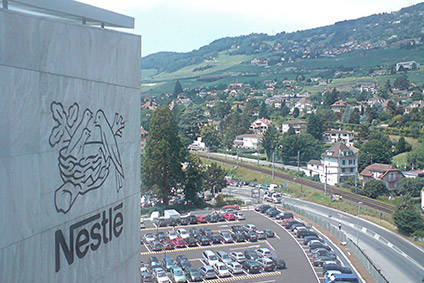
Nestlé has swapped its mini KitKats plastic packaging for paper in Japan as part of its initiative to make 100% of its packaging recyclable or reusable by 2025.
The paper used for the chocolate will display instructions for consumers to use the packaging to make origami if they do not recycle it immediately.

Discover B2B Marketing That Performs
Combine business intelligence and editorial excellence to reach engaged professionals across 36 leading media platforms.
Nestlé expects to save 380 tonnes of plastic every year with the new packaging.
Earlier this year, Nestlé announced it would use recyclable paper packaging on its Yes! snack bar range in European markets – although the food giant admitted there was not yet the supply of the new material to use on higher-selling confectionery products.
Last year, Nestlé announced its commitment to make 100% of its packaging recyclable or reusable by 2025 to tackle the impact plastic packaging has on the environment at the time.
Nestlé CEO Mark Schneider said: “Plastic waste is one of the biggest sustainability issues the world is facing today. Tackling it requires a collective approach. We are committed to finding improved solutions to reduce, reuse and recycle.”

US Tariffs are shifting - will you react or anticipate?
Don’t let policy changes catch you off guard. Stay proactive with real-time data and expert analysis.
By GlobalDataThe company said it was focusing on three core areas: eliminating non-recyclable plastics; encouraging the use of plastics that allow better recycling rates and eliminating or changing complex combinations of packaging materials.





